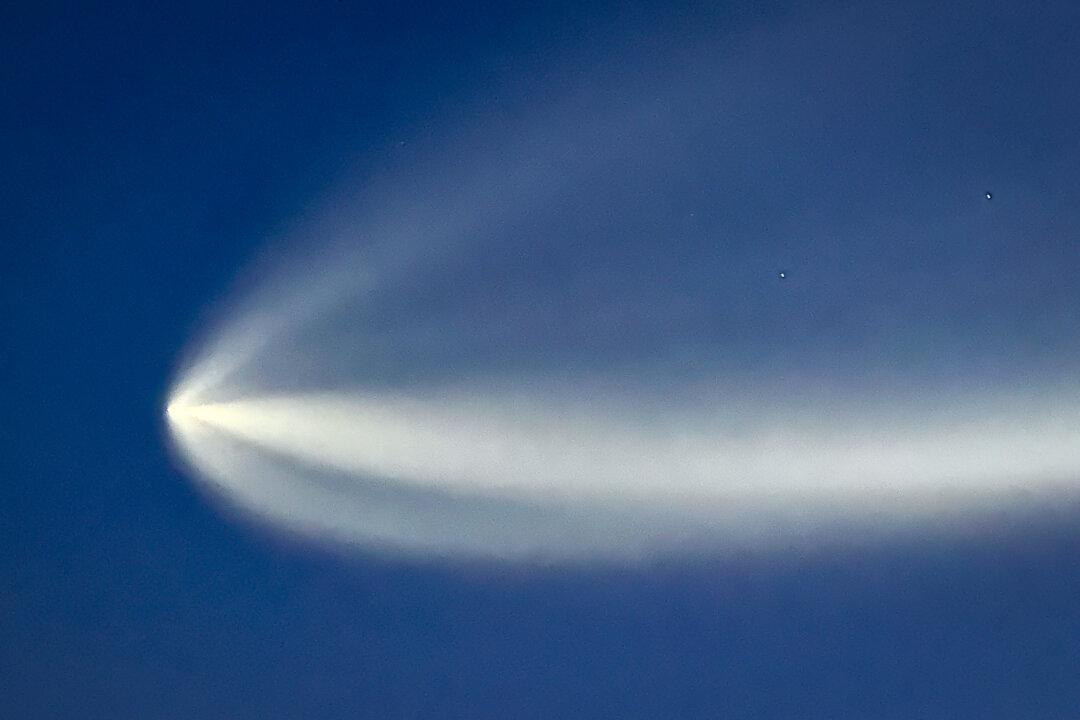SpaceSail, one of the Chinese satellite companies poised to compete with Elon Musk’s Starlink, has signed its first overseas agreement with Brazil, the company said on Nov. 20 during Chinese leader Xi Jinping’s state visit to the South American country.
According to a statement published by state-controlled SpaceSail, also known as Shanghai Yuanxin Satellite Technology Ltd., the low-Earth-orbit (LEO) satellite company signed a memorandum with Brazil’s state-owned telecommunications company Telebras on Wednesday to provide satellite communications services in the country.





